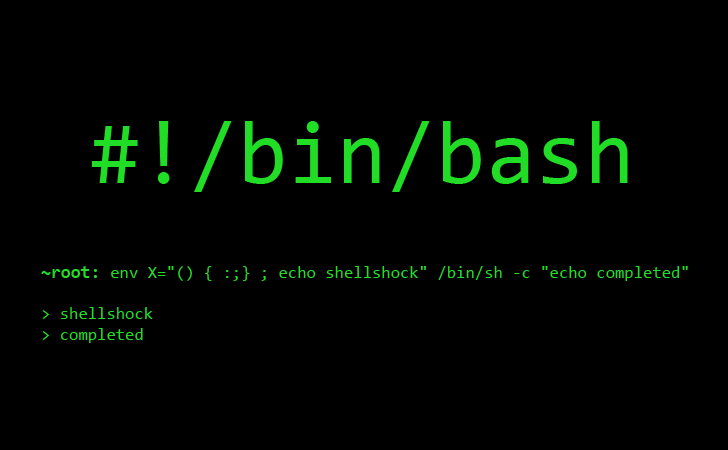

type : File is of block, character, regular file, symbolic link etc. ~]# find / -user centos -type f /root/example/hello.rs In this example, we are only looking for the files owned by user centos using find / -user centos -type f command. If you only want to find the files owned by a particular user and not the directories then you need to use -type f option with find command as shown below.
#Bash find file by owner how to
home/centos/.Xauthority Example 3: How to Only Find the Files Owned by a Particular User In this example, we are looking for all the files and directories owned by user centos using find / -user centos command. If you want to find all the files and directories owned by a particular user then you can simply use below find command. Example 2: How to Find All the Files and Directories Owned by a Particular User For more information Please check Step by Step: How to Add User to Sudoersto provide sudo access to the User. Please note that here I am using root user to run all the below commands.You can use any user with sudo access to run all these commands. name : Base of file name (the path with the leading directories removed) matches shell pattern pattern. More can be checked on Find command Man Page ~]# find / -user centos -name hello.txt /root/hello.txt In this example, we are looking for hello.txt file owned by user centos using find / -user centos -name hello.txt command. If you want to find a particular file owned by a particular user then you can use below find command. Unix/Linux Find Files and Directories Owned by a Particular UserĪlso Read: Unix/Linux md5sum Command Examples to Verify Checksum Example 1: How to Find a Particular File Owned by a Particular User

You can even find files based on file name or by using search pattern as explained below using various examples. This can be easily done by using find command in Linux/Unix based systems. You might sometimes get into a situation where you need to find files and directories owned by a particular user in Linux/Unix based Systems. In this article, I will take you through 5 Useful Examples to find Find Files and Directories Owned by a Particular User in Linux/Unix based Systems. Example 5: How to Find all the directories owned by a Specific User.Example 3: How to Only Find the Files Owned by a Particular User.Example 2: How to Find All the Files and Directories Owned by a Particular User.Example 1: How to Find a Particular File Owned by a Particular User.



 0 kommentar(er)
0 kommentar(er)
